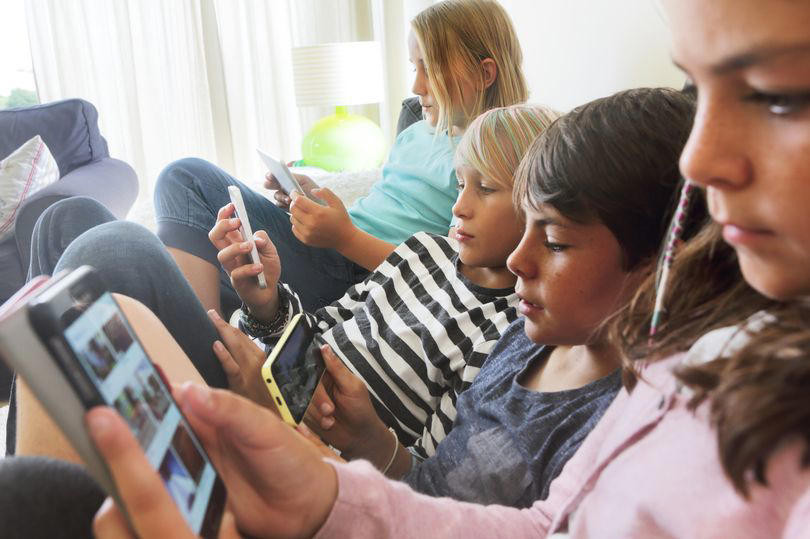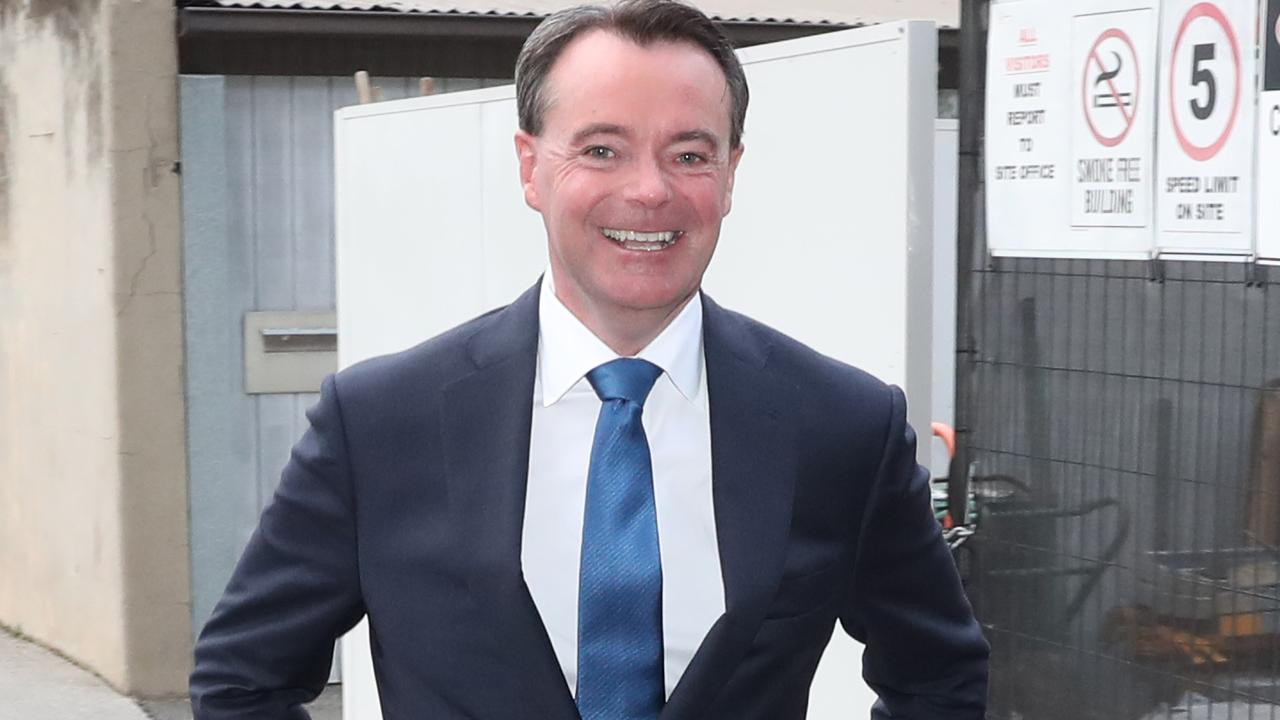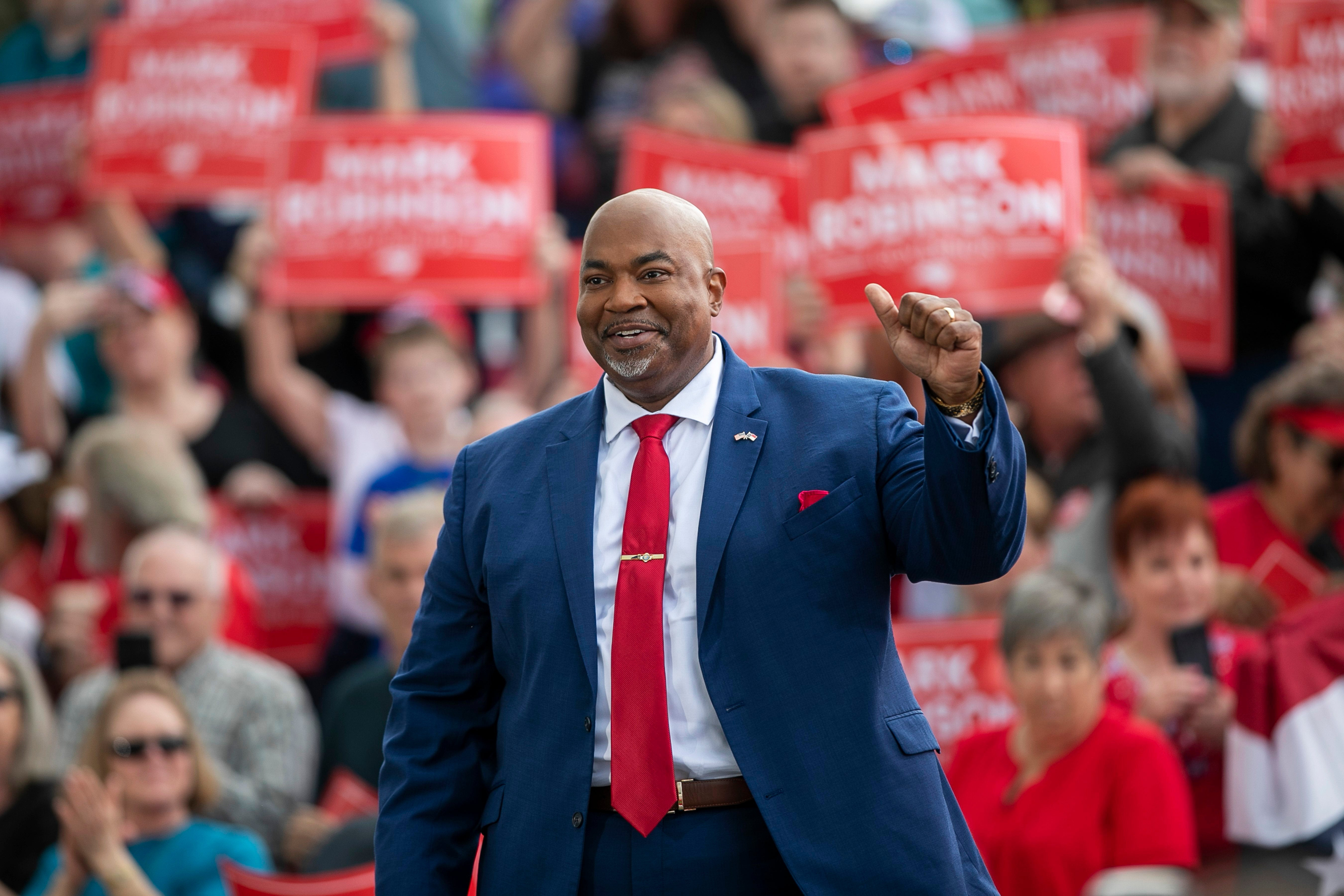Australia is poised to make history by introducing legislation that would prohibit children under 16 from accessing social media platforms. This groundbreaking move, spearheaded by Prime Minister Anthony Albanese, aims to address the growing concerns about the detrimental effects of social media on the mental well-being of adolescents. The proposed legislation, expected to be tabled in parliament next week, has ignited a heated debate, with proponents advocating for the protection of children from harmful content and critics raising concerns about its effectiveness and potential unintended consequences.
The government argues that the ban is necessary to shield young Australians from the negative impacts of social media, including cyberbullying, misinformation, and the pressure to conform to unrealistic online personas. While the specifics of the legislation are still under discussion, the government has stated that the ban will not apply to young people already on social media platforms. This means that individuals who have already established accounts before the law comes into effect will not be forced to deactivate them. However, The government emphasizes that the onus will be on social media companies to implement robust age-verification measures to prevent children under 16 from creating new accounts.
Social Media Regulation: A Global Challenge
Australia is not alone in grappling with the challenges of regulating social media. Many countries, including those in the European Union, have attempted to restrict access to social media for minors. However, these efforts have often been met with resistance from tech giants and have proven difficult to enforce due to the prevalence of circumvention tools that can bypass age-verification requirements.
Arguments For and Against the Ban
The proposed social media ban has sparked fierce debate, with both proponents and opponents presenting compelling arguments.
Arguments in Favor of the Ban
Advocates for the ban argue that it is a necessary step to protect children from the harmful content and pressures prevalent on social media. They cite studies that have linked excessive social media use to increased rates of anxiety, depression, and body image issues among young people. The ban, they argue, will give children a chance to develop healthy social skills and a positive self-image before being exposed to the potentially toxic environment of online platforms.
Arguments Against the Ban
Critics of the ban argue that it is an overreaching measure that will fail to address the root causes of social media's negative impacts. They argue that a blanket ban will be ineffective and will simply push children to access social media through other means, such as using older siblings' or parents' accounts or circumventing age-verification procedures. They also emphasize the need for education and responsible online behavior rather than outright prohibition.
A New Era of Online Regulation?
The Australian government's proposed social media ban marks a significant shift in the global landscape of online regulation. If enacted, it could set a precedent for other countries to follow suit. However, the success of the ban will hinge on its ability to be effectively enforced and on the willingness of social media companies to comply with the new regulations.
The Future of Social Media for Young Australians
The debate over the social media ban is likely to continue for some time. The government's proposed legislation has raised important questions about the role of technology in our lives and the responsibility of governments to protect children in the digital age. Ultimately, the outcome of this debate will have a significant impact on the way young Australians engage with the online world.
The Debate's Lasting Impact
While the social media ban remains a contentious topic, it has ignited a crucial conversation about the need for responsible online behavior and the responsibility of governments and tech companies to protect children in the digital age. The debate's long-term impact on Australia's online landscape and the future of social media for young Australians remains to be seen.



















